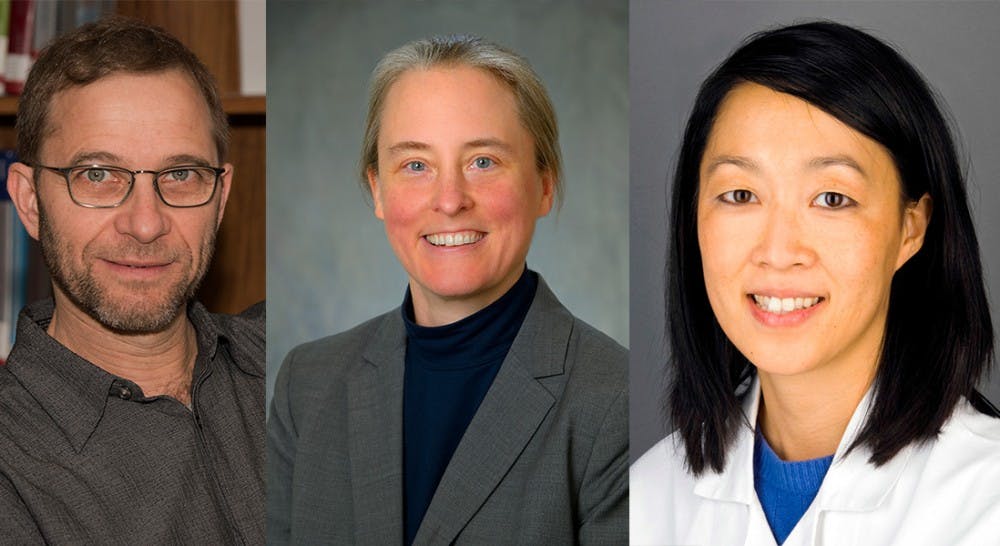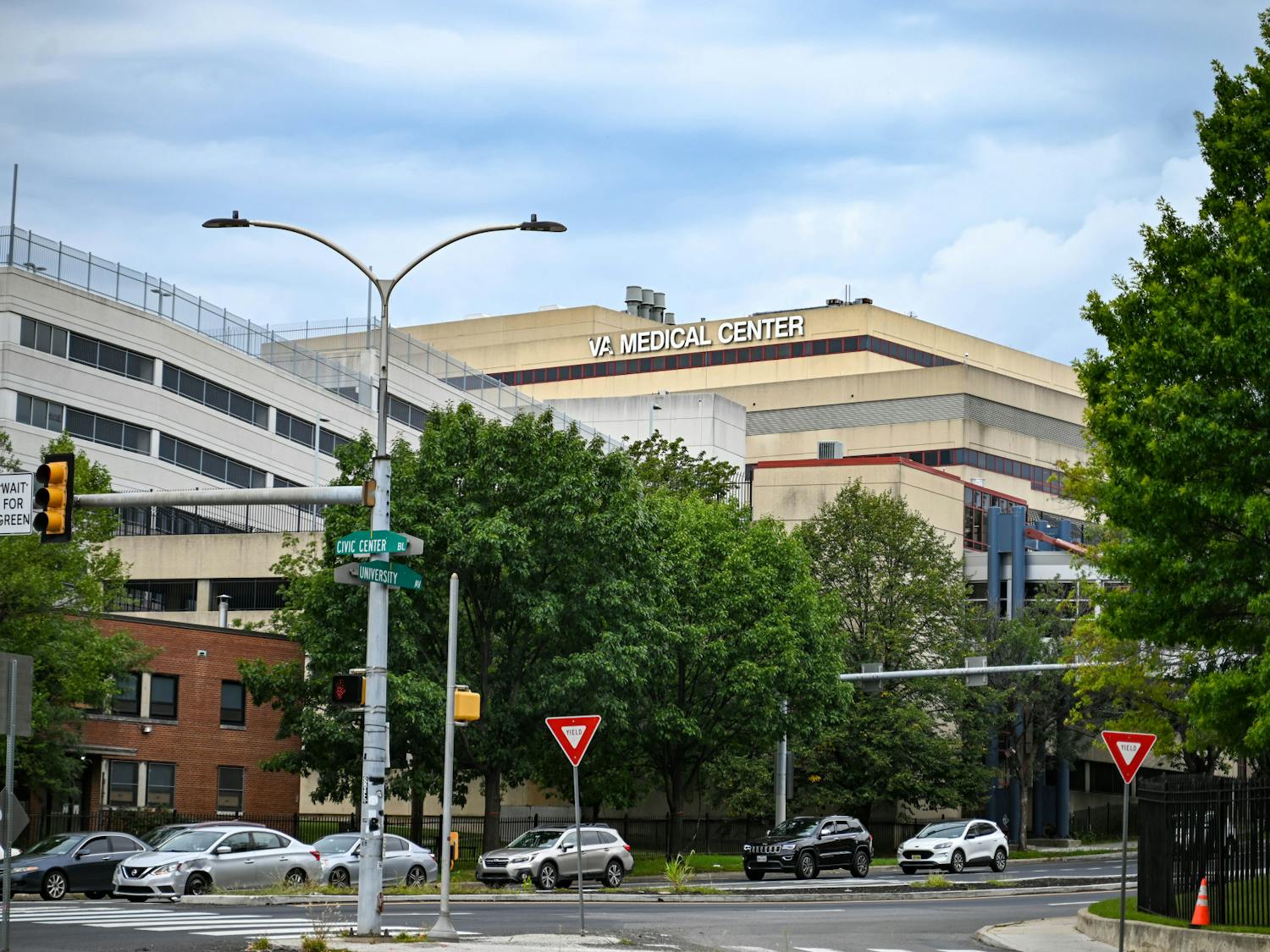Three Penn professors recently received a $4.5 million grant to establish a clinical center researching autoimmune diseases. The new center, called the Autoimmunity Center of Excellence, is the fifth of its kind in the U.S.
Penn received the grant from the National Institute of Allergy and Infectious Diseases in June. The center will house two clinical trials, as well as a collaborative project with other ACE centers. The ACE at Penn will bring together professors of dermatology, neurology, and pathology to study the role of B cells in autoimmune diseases.
Aimee Payne, the ACE's administrative director, said that despite a rigorous application process and tight timeline, the team's shared background in B cell research helped them pull together the application efficiently.
“I feel like the stars aligned for this project,” Payne said. "They say the best songs are written in ten minutes. This one, I almost felt wrote itself because the theme of B cells as drivers of autoimmunity really was so clear.”
Payne, who is also a dermatology professor, will lead a clinical trial testing a new immunotherapy technique called DSG3-CAART on pemphigus vulgaris, an autoimmune disease that causes blistering of the skin and mucus membranes. She said the grant will enable her to use human participants in studies, unlike her previous research in this area.
“Before now, we were just basic science; in the laboratory, working with patient samples,” Payne said. “But now, we’re switching into an interventional therapy clinic."

The three professors hope to use this new opportunity with Autoimmune Disease Research Center to bring the bench work to clinical therapy.
"It’ll be our first in-human investigative drug application in order to be able to bring this therapy to patients and also be able to understand how it’s working," Payne added.
Amit Bar-Or will lead the ACE's other clinical trial, which focuses on Ocrelizumab, a medication that effectively treats multiple sclerosis but can leave patients at risk for infection. Bar-Or said some patients experience remission of MS despite discontinuing their use of Ocrelizumab.
His research will explore the potential of using the medication for limited periods of time and creating a system for more tailored patient treatment.
“That will let us be one step closer towards the concept of precision medicine," Bar-Or said.
Eline Luning Prak, a pathology professor, will lead a project using tissue samples from Penn's Human Pancreas Analysis Program to assess the protein-level mechanisms of type 1 diabetes. Prak said the grant will enable Penn's ACE to work with investigators across the country.
"It also opens up a whole network of researchers that are part of these Autoimmune Centers of Excellence,” Luning Prak said.
Payne said the ACE will also establish a mentoring program to help researchers pursue careers in autoimmunity. The program's resources will include grant reviews, training for multi-year research plans, and training for scientists who want to transition from "lab-bench" research to clinical work. Payne said the program will support the next generation of "physician-scientists," those who both perform research and see patients.
“The expectation is, and our hope is, that this is the beginning of something that will end up opening up additional opportunities for more trainees and investigators to get involved," Bar-Or said.
Bar-Or added that the ACE aims to increase interdisciplinary research on autoimmunity within the medical community at Penn.
"This is sort of the seed, the seed for creating the center that we expect to grow substantially over the next years," Bar-Or said.









